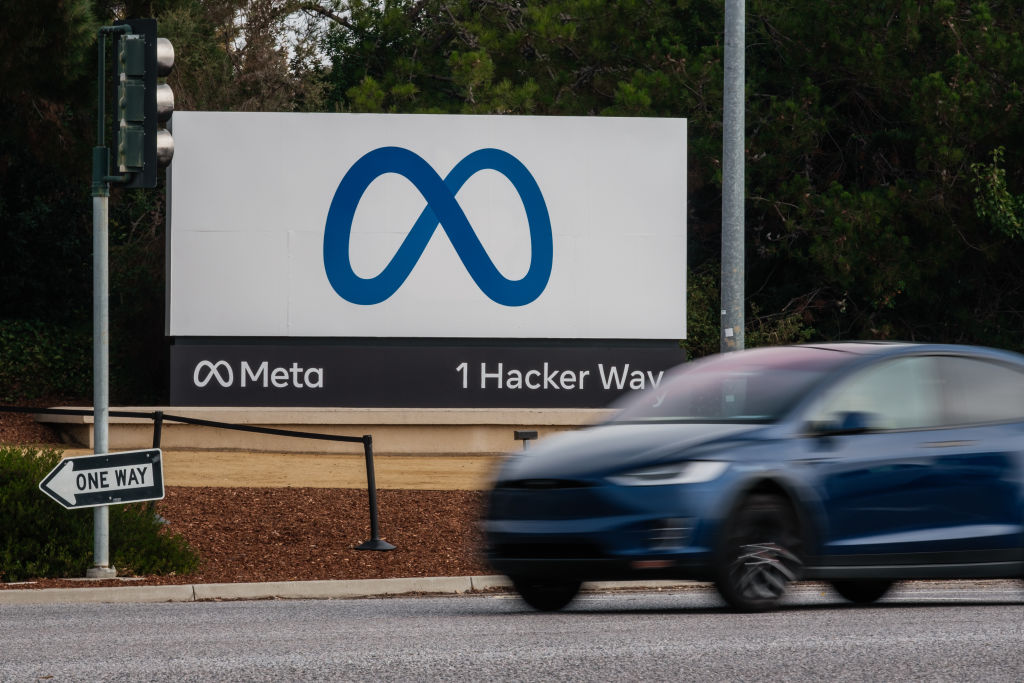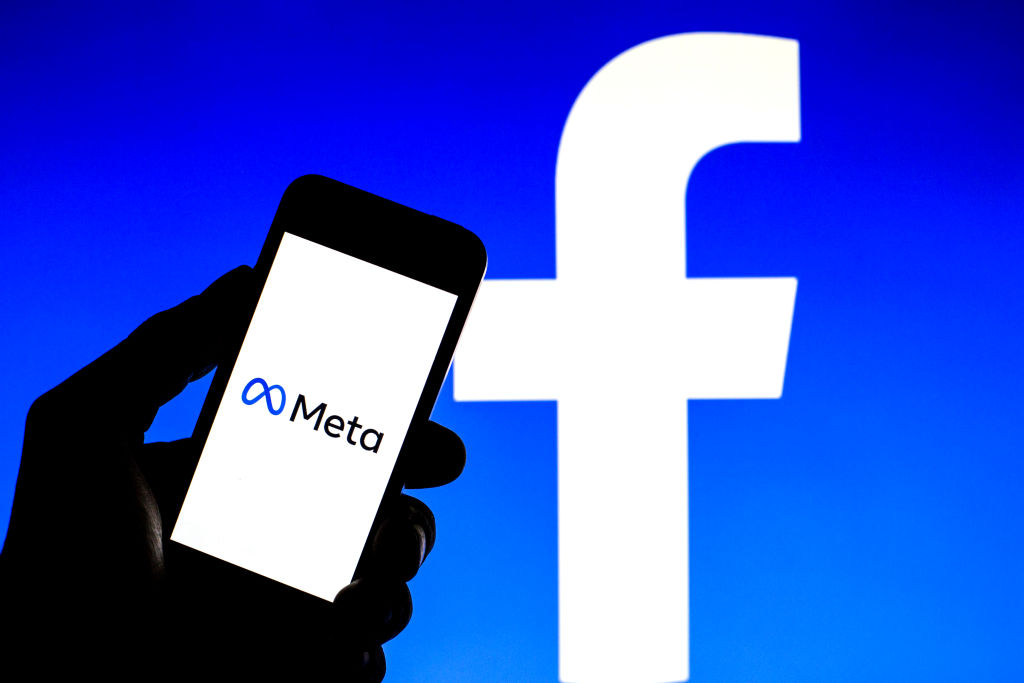Facebook outage: Downtime not caused by hackers
Facebook and Instagram users were locked out, but Lizard Squad wasn't not behind it, says social network

Facebook has denied that hackers took down its website this morning.
Hundreds of millions of people trying to access their Facebook profiles and accounts on Tinder and Instagram were locked out between 6.20am (GMT) and 7.10am.
Some media reports initially suggested hacker collective Lizard Squad was responsible for the outage, following a tweet from the group.
Facebook, Instagram, Tinder, AIM, Hipchat #offline #LizardSquadLizard Squad (@LizardMafia) January 27, 2015
However, Facebook said the problem was actually caused by an update that resulted in a server outage.
A spokesman said: "Earlier today many people had trouble accessing Facebook and Instagram. This was not the result of a third party attack but instead occurred after we introduced a change that affected our configuration systems.
"We moved quickly to fix the problem, and both services are back to 100 per cent for everyone."
The outage was severe enough to affect apps that rely on Facebook for their log-ins, and those trying to access Instagram were met with a "can't refresh feed" message.
Sign up today and you will receive a free copy of our Future Focus 2025 report - the leading guidance on AI, cybersecurity and other IT challenges as per 700+ senior executives
Security specialist Mark James at antivirus company ESET said that Facebook is an attractive but unrealistic target for hackers.
"As great as the prize would be I doubt Lizard Squad or any of the other mainstream teams would be able to take down Facebook directly," he said.
"A few have tried and stated that they will but I think it's highly unlikely they will succeed. Both Facebook and Instagram rely on massive amounts of web traffic so the likelihood of a distributed denial of service (DDoS) succeeding would be slim."
-
 How the UK public sector could benefit from strategic channel partnerships
How the UK public sector could benefit from strategic channel partnershipsIndustry Insights Is the channel the answer to the growing cost vs budget problem facing the public sector?
-
 Microsoft wants to replace C and C++ with Rust by 2030
Microsoft wants to replace C and C++ with Rust by 2030News Windows won’t be rewritten in Rust using AI, according to a senior Microsoft engineer, but the company still has bold plans for embracing the popular programming language
-
 Latest Meta GDPR fine brings 12-month total to more than €1 billion
Latest Meta GDPR fine brings 12-month total to more than €1 billionNews Meta was issued with two hefty GDPR fines for “forcing” users to consent to data processing
-
 "Unacceptable" data scraping lands Meta a £228m data protection fine
"Unacceptable" data scraping lands Meta a £228m data protection fineNews The much-awaited decision follows the scraping of half a billion users' data and received unanimous approval from EU regulators
-
 Meta notifies around 1 million Facebook users of potential compromise through malicious apps
Meta notifies around 1 million Facebook users of potential compromise through malicious appsNews The vast majority of apps targeting iOS users appeared to be genuine apps for managing business functions such as advertising and analytics
-
 Facebook business accounts hijacked by infostealer malware campaign
Facebook business accounts hijacked by infostealer malware campaignNews Threat actors are using LinkedIn phishing to seize business, ad accounts for financial gain
-
 Meta begins encrypting Facebook URLs, nullifying tracking countermeasures
Meta begins encrypting Facebook URLs, nullifying tracking countermeasuresNews The move has made URL stripping impossible but will improve analytics
-
 Meta hit with €17 million fine over multiple GDPR breaches
Meta hit with €17 million fine over multiple GDPR breachesNews The social media giant set aside over €1 billion in November to help it cope with potential fines arising from data protection investigations
-
 Meta says Apple's iOS privacy changes will cost it $10 billion in 2022
Meta says Apple's iOS privacy changes will cost it $10 billion in 2022News The company's CFO suggests Google "faces a different set of restrictions" because it pays Apple to remain the default iOS search engine
-
 Google, Facebook fined €210 million for making it difficult for users to reject cookies
Google, Facebook fined €210 million for making it difficult for users to reject cookiesNews Data regulator CNIL gives companies three months to provide a system for refusing cookies that is as easy as single click consent